
India’s FS Kwatra visit to Nepal: A mark of significant boost in ties
With the new political dispensation in Nepal headed by Pushpa Kamal Dahal ‘Prachanda’ after the recently concluded elections, the visit of India’s Foreign Secretary Vinay Mohan Kwatra holds special significance.
The ties between the two countries went downhill during the premiership of K P Sharma Oli, but regained to move on a positive trajectory after the government fell and was superseded by Sher Bahadur Deuba. With the current coalition government having K P Sharma Oli as well, the pro-China tilt of the new political regime is being anticipated.
The significance of India’s Foreign Secretary’s visit shall be seen in this context, which aims at resetting the ties as well as strengthening the bilateral cooperation between the two neighboring countries.
A productive and broad range of discussions on bilateral issues were held between Kwatra and Nepal’s Prime Minister Pushpa Kamal Dahal ‘Prachanda’ on Monday, 13 Feb 2023. The discussions focused on energy, trade, agriculture, education, culture and connectivity to boost economic and development cooperation between India and Nepal.
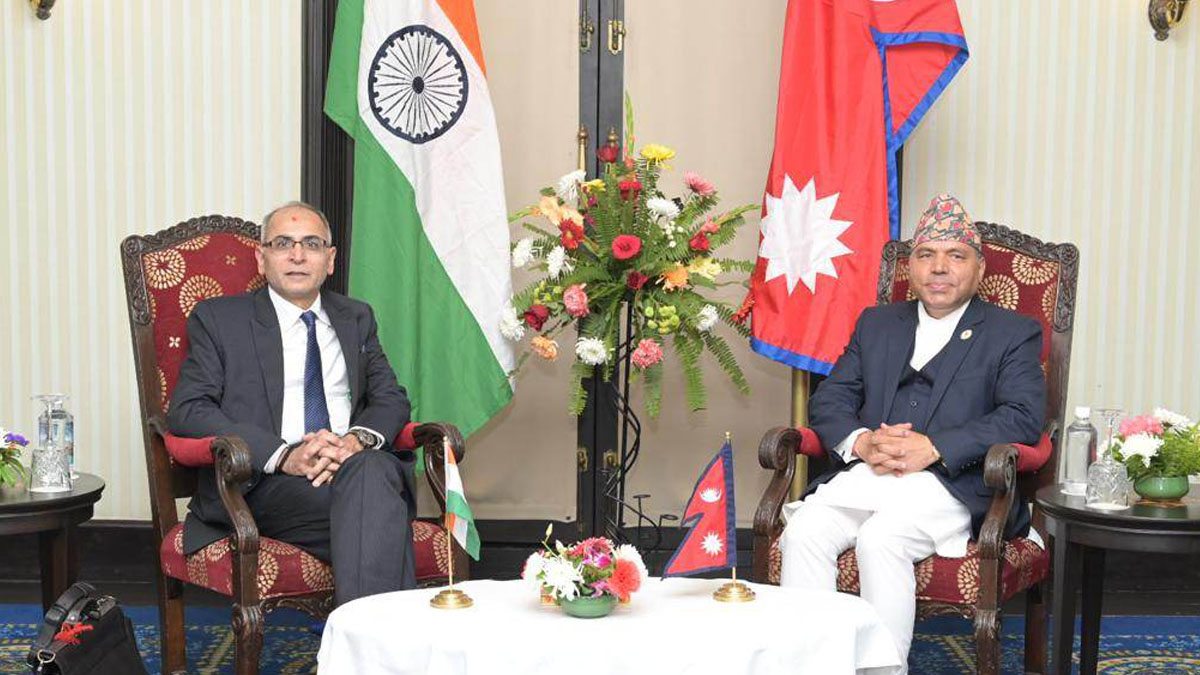
Earlier, in the meeting with his counterpart Bharat Raj Paudyal, both the Foreign Secretaries reviewed the wide-ranging India-Nepal relationship. Connectivity projects such as rail links, power transmission lines, bridges and integrated check posts, trade and transit issues were reviewed. The ongoing cooperation in the fields of agriculture, education, power sector, health and people-to-people ties were also appraised.
Nepal’s Foreign Secretary Bharat Raj Paudyal acknowledged sincere gratitude on behalf of the Nepal government to India for supplying fertilizers, easing export restrictions on food grains as well as delivery of dialysis machines to Nepal.
Discussions were also held on the issue of review of the trade treaty, the early conclusion of renewed trade transit treaty as well as the convening of the Inter-governmental Committee on Trade at the earliest.
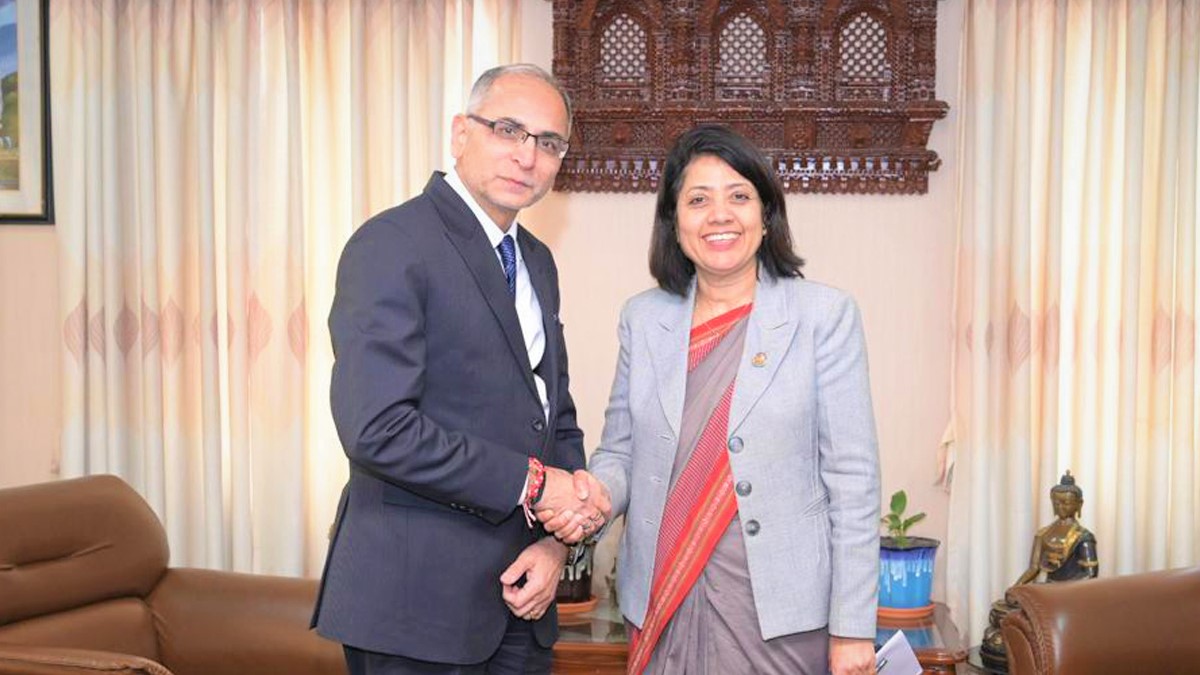
The wide-ranging discussions included the technical upgrade of cross-border transmission lines and early approval of the proposed transmission line projects under India’s line of credit mechanism. Nepal’s request for additional air routes and early operationalization of flight operations from Gautam Buddha International Airport in Nepal to Indian sites was also emphasized by Paudyal to Kwatra.
The significance of the visit and the positive development of the bilateral ties between the two neighboring countries can be gauged from several factors underlying the visit.
First, the fact that this visit was held on an invitation from Nepal and is seen as a precursor to Prachanda’s visit to India, who has already confirmed that his first foreign visit will be to India in the upcoming month is an important indicator of the upward trajectory of the ties.
It is so because this is a marked difference from his earlier stance when on assuming premiership, Prachanda, considered pro-China by many, in a break from the traditional practice had chosen to make his first visit to China instead of India. This time by enunciating his first visit to India, Prachanda has made the message clear.
Secondly, India’s Foreign Secretary was given an audience by President Bidya Devi Bhandari, Prime Minister Prachanda, and the Foreign Minister Bimala Rai Paudyal, show the high-level reception of India’s representative by Nepal’s government indicating the meeting of minds between the two countries to boost bilateral ties.
India is already cooperating with Nepal on several developmental projects. The project to build the Ramayana Circuit that links various sites of the two neighboring countries is being undertaken. The laying of the foundation stone for an Indian monastery by the Indian PM Narendra Modi in his last visit was a significant episode.
The infrastructure and other collaborations are also seeing the light of day. Nepal offered India to take up the languishing West Seti hydropower project.
In the field of education, IIT Madras and Kathmandu University are to collaborate on offering a joint degree programme whereas the Indian Council of Cultural Relations (ICCR) and Lumbini Buddhist University decided to establish a Dr Ambedkar Chair for Buddhist Studies.
India and Nepal share strong religious, cultural and socio-economic ties that go back centuries. The two countries not only share open borders but there has always been unhindered movement between peoples of the two countries who have forged relations through marriage and familial bonds.
India’s involvement in Nepal is based on its principle of ‘Vasudhaiva Kutumbakam’ (The World Is One Family) and the policy of ‘Neighborhood First.’
In this regard, India’s main focus has been to boost Nepal’s development through aid and grants for infrastructure development, fostering cultural linkages and improvement of human development indicators, and supporting Nepal during adversities such as the 2015 earthquake.
Against this backdrop, the recent visit by India’s Foreign Secretary to Nepal signifies the priority that India attaches to its relationship with Nepal.
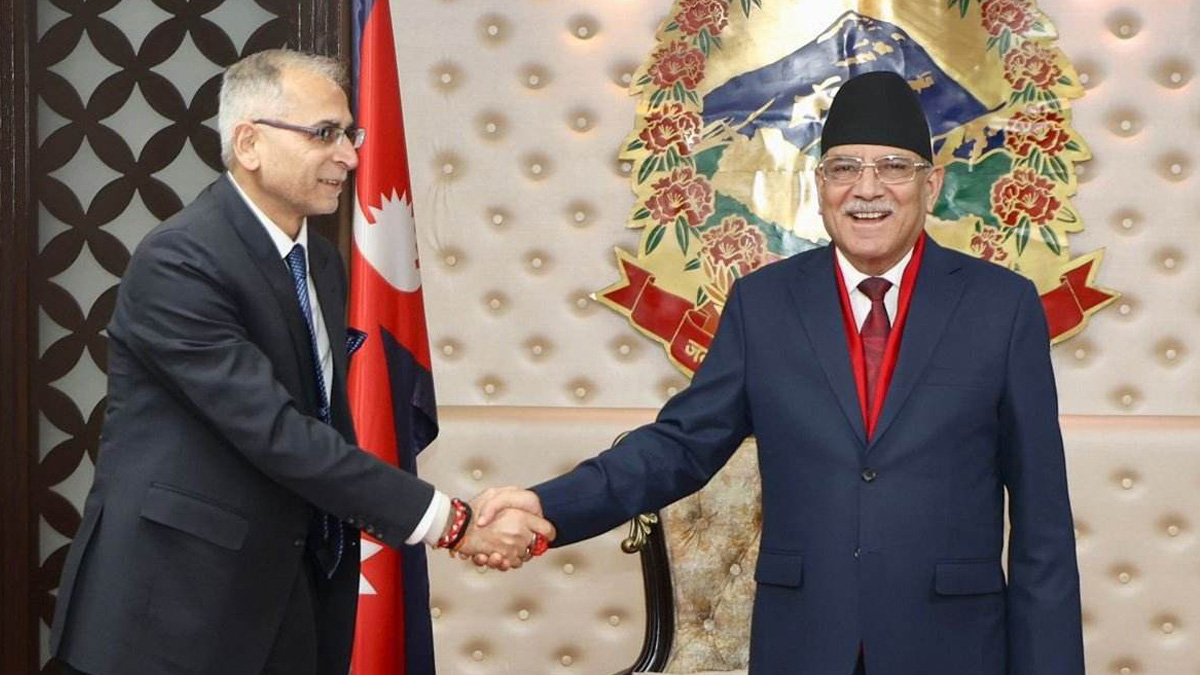


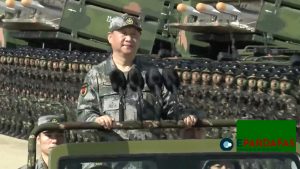


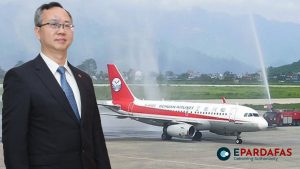



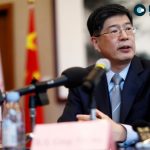
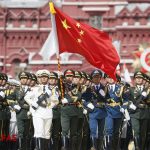



Comments